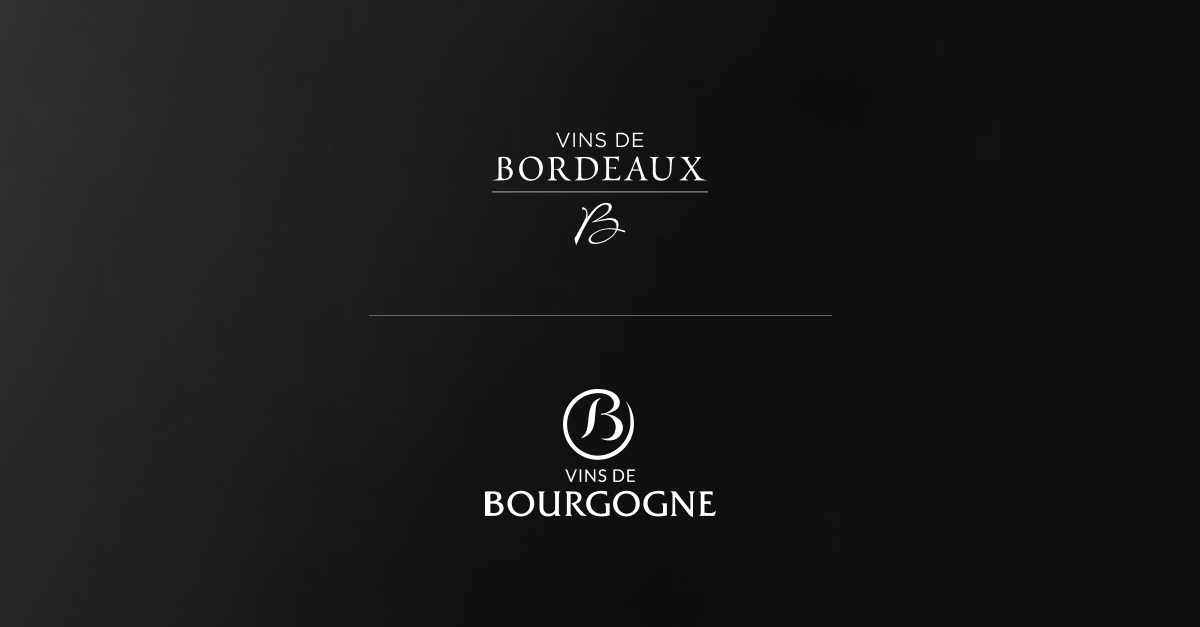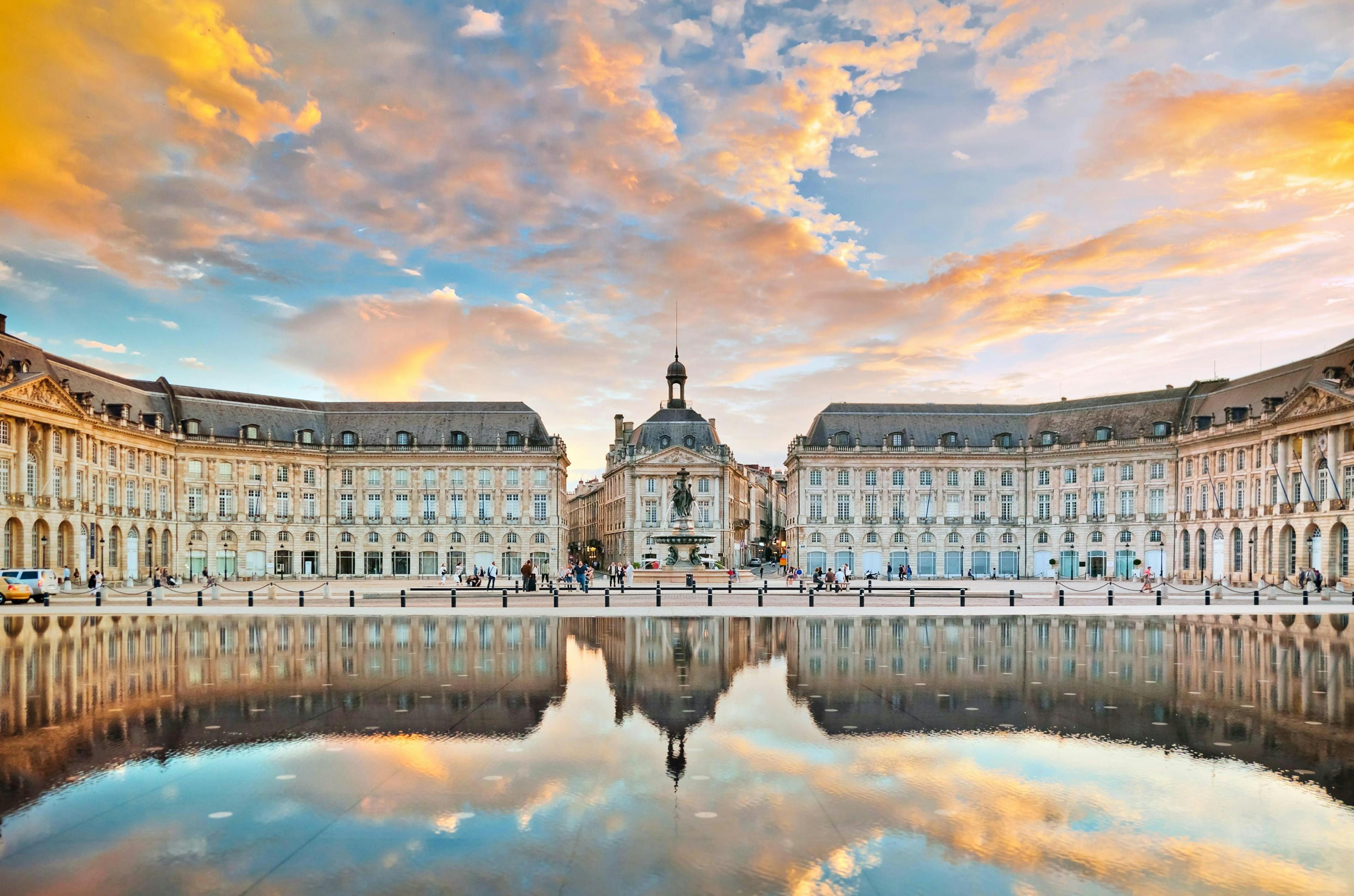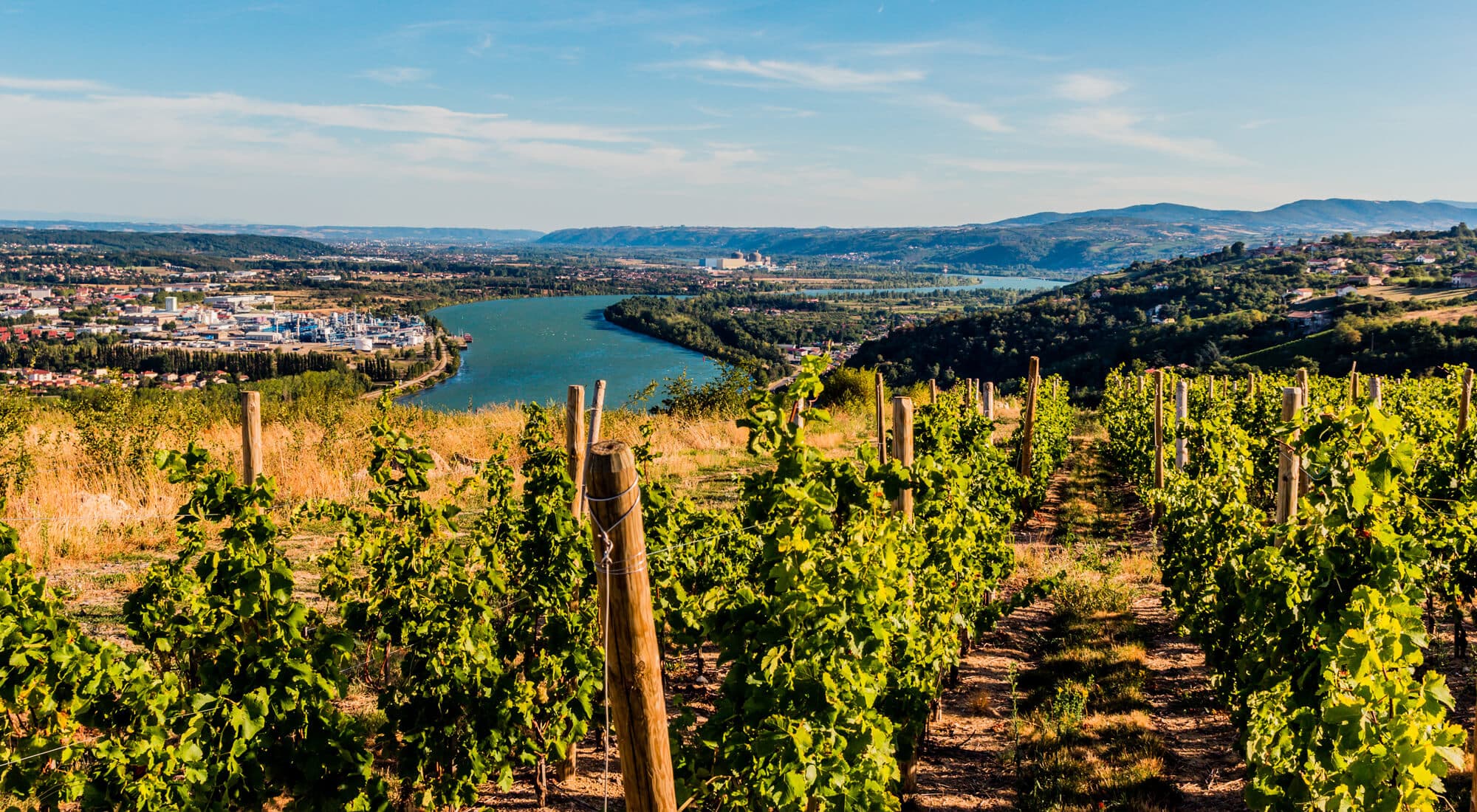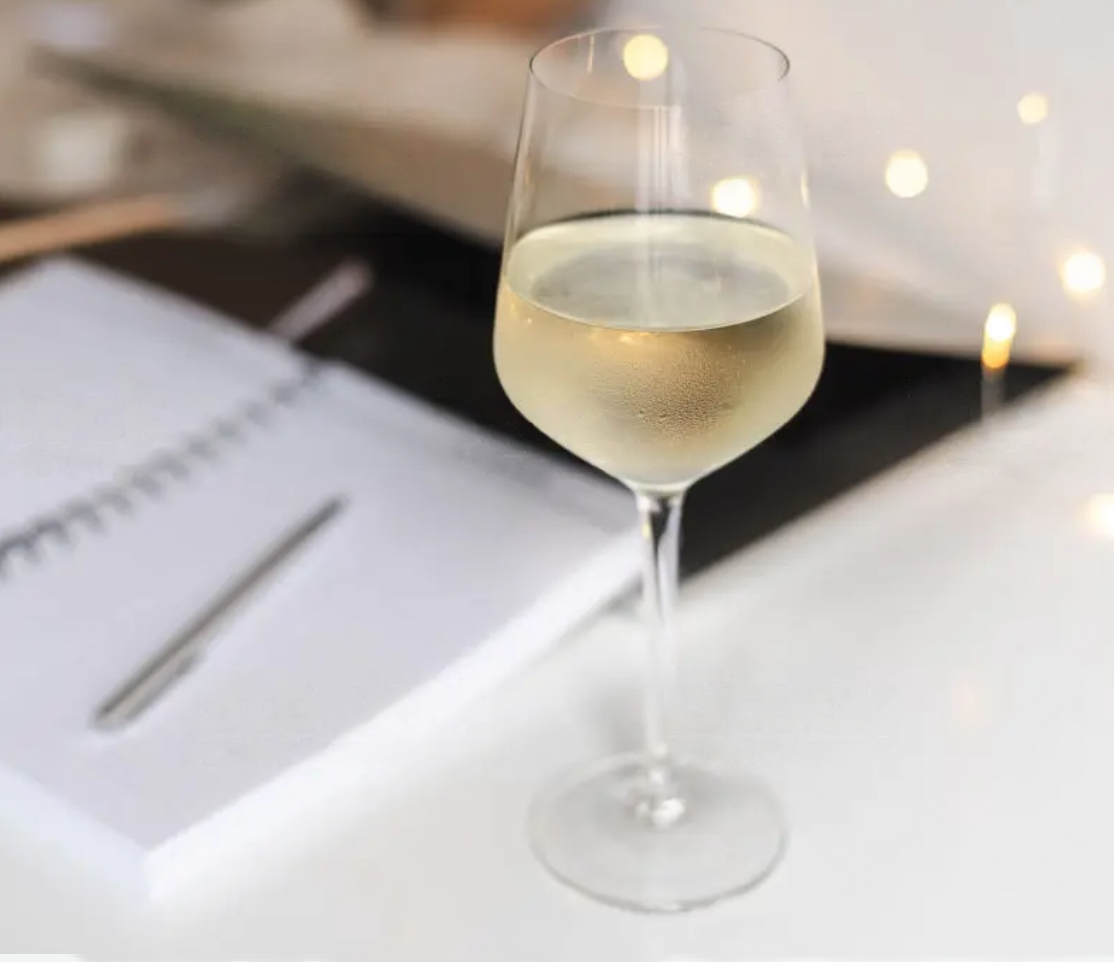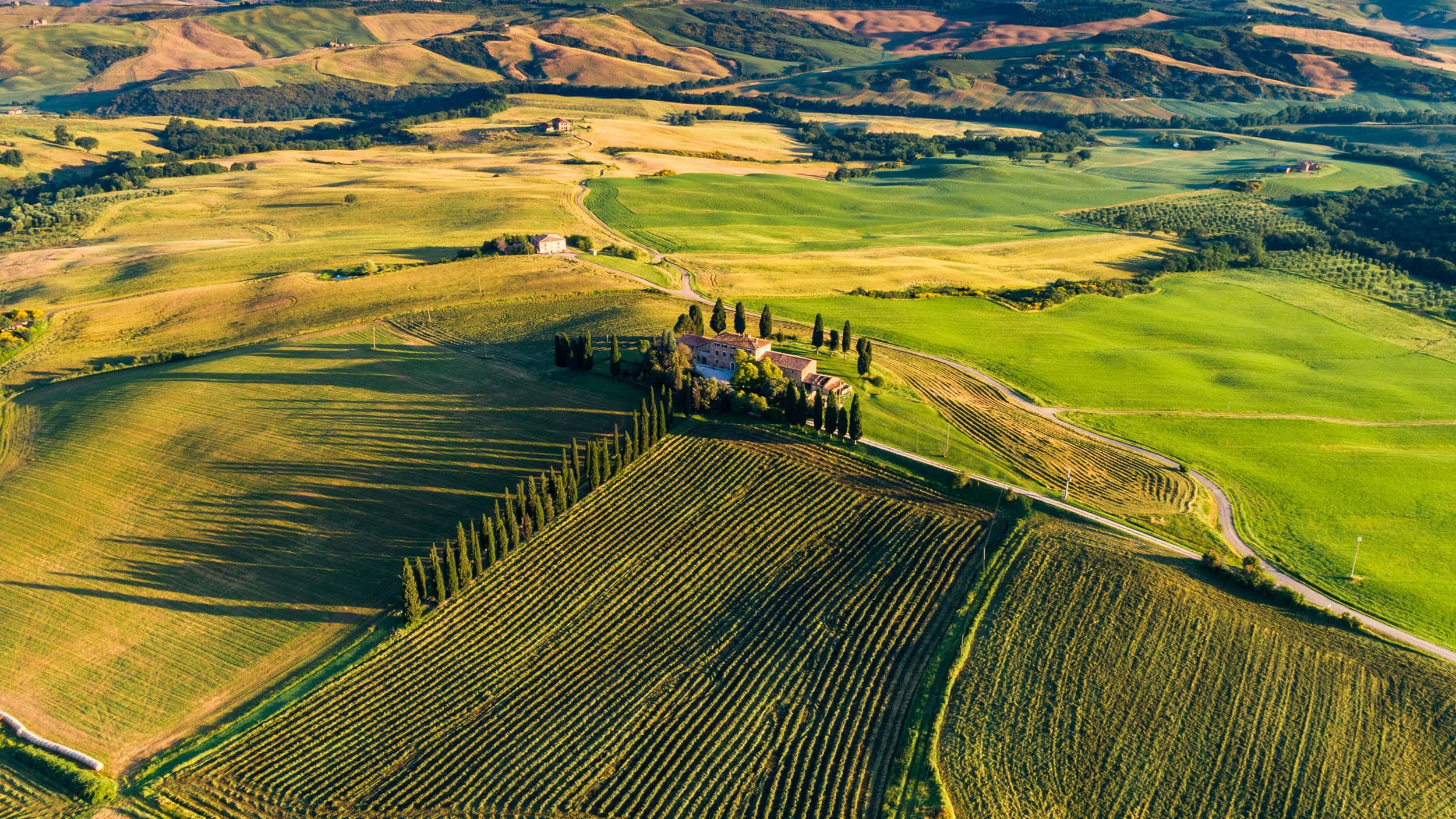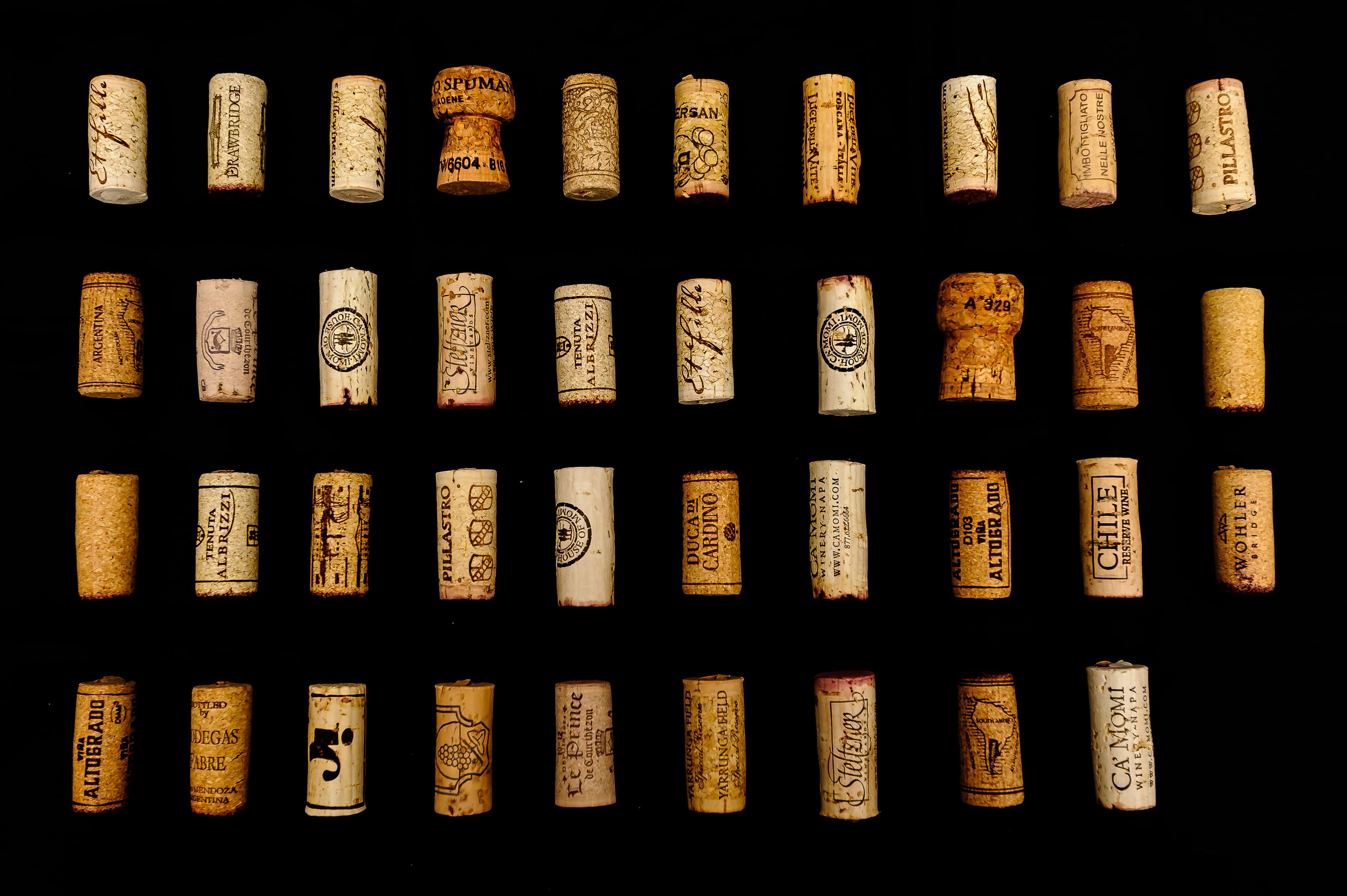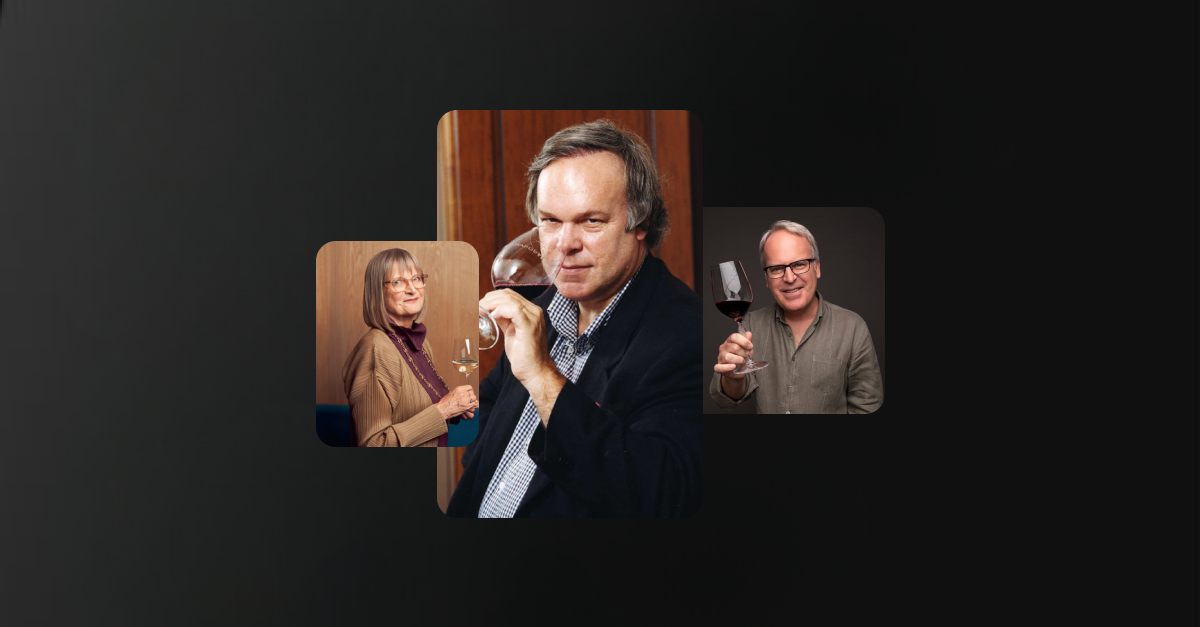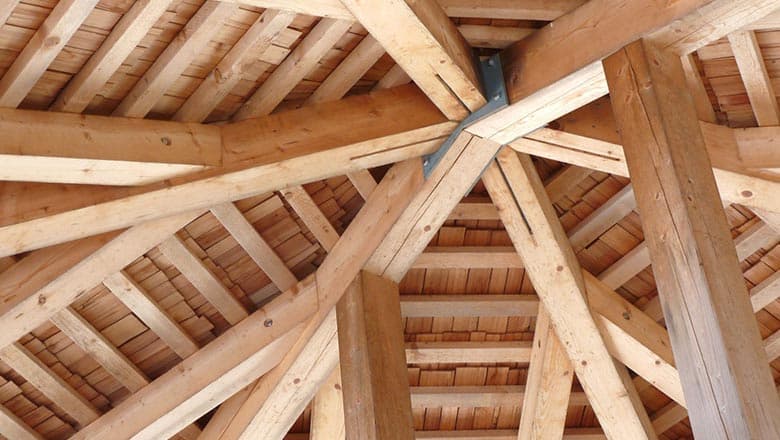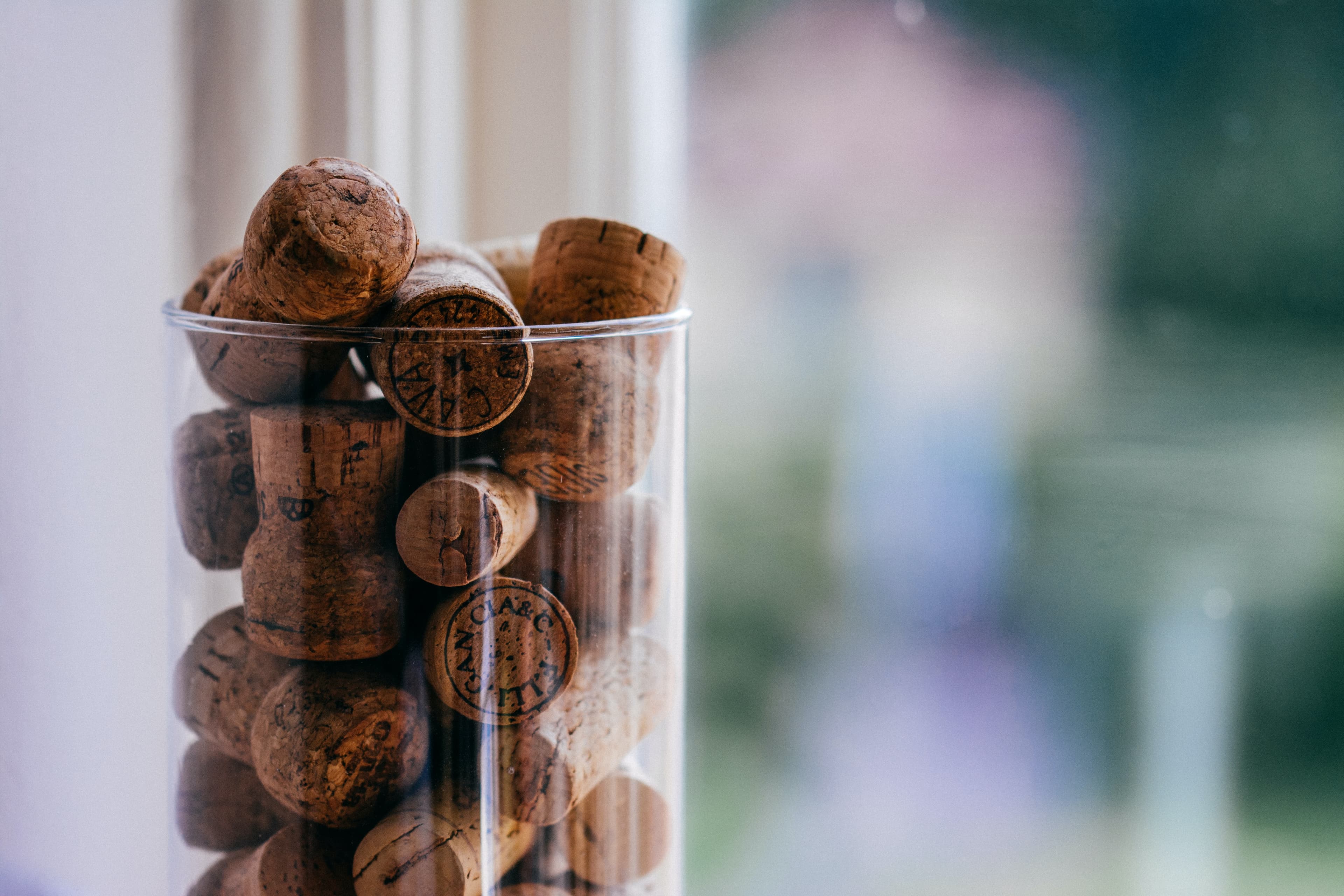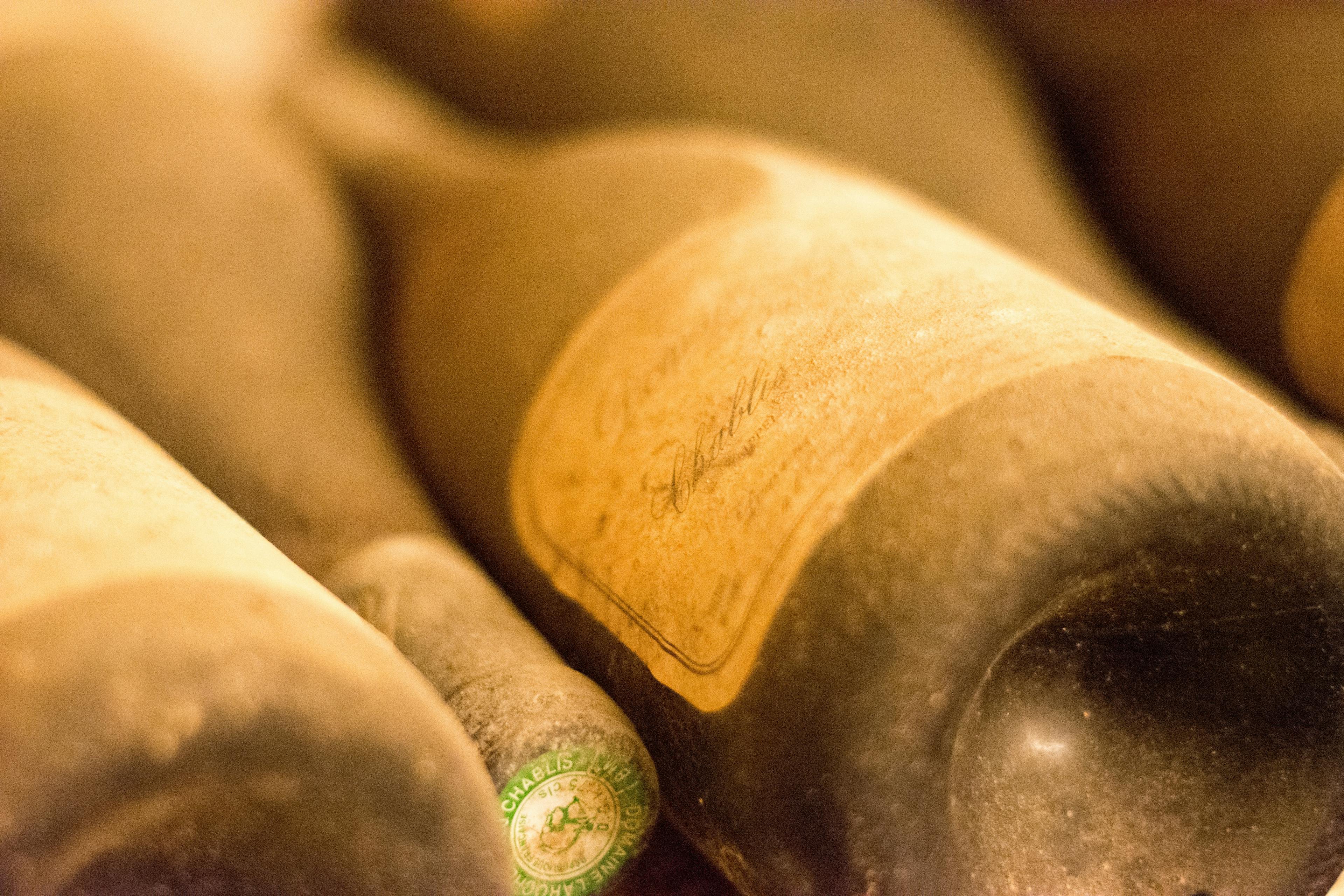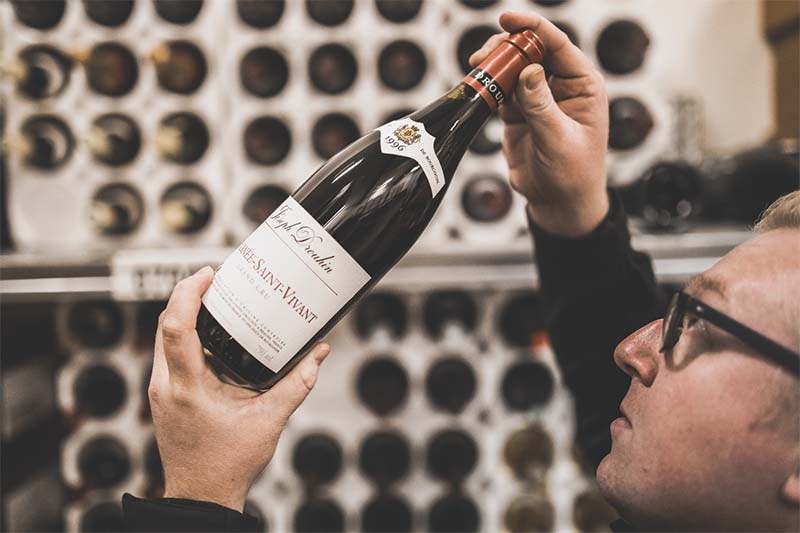Qu'est-ce qui rend le Chateau Palmer unique parmi Bordeaux
12 min de lecture
Head of Content

Niché au cœur de Bordeaux, Chateau Palmer se dresse comme un phare de signification viticole et historique unique. Ce domaine viticole estimé, connu pour son approche distinctive de la vinification et son riche patrimoine, s'est taillé une place parmi les prestigieux vignobles de la région. Dans cet article, nous plongeons dans les facteurs qui font de Chateau Palmer un acteur exceptionnel parmi ses pairs, de ses pratiques innovantes aux traditions profondément enracinées qui façonnent ses vins d'exception. Rejoignez-nous alors que nous explorons les éléments qui contribuent à l'unicité de ce domaine vénéré.
La Signification Historique de Chateau Palmer
Chateau Palmer, niché dans l'appellation Margaux de Bordeaux, France, occupe une position prestigieuse dans le monde du vin en raison de son riche passé historique. Établi au début du 19ème siècle, le domaine a été nommé d'après Charles Palmer, un général britannique qui a investi dans le vignoble et a élargi sa réputation à travers l'Angleterre. Cette connexion historique entre la Grande-Bretagne et la France à travers Chateau Palmer a contribué de manière significative à son héritage et à son attrait parmi les amateurs de vin.
La signification historique du domaine est encore renforcée par sa survie et son adaptation à travers des moments clés de l'histoire, tels que l'épidémie de phylloxéra et les fluctuations économiques du 20ème siècle. Ces événements ont façonné ses pratiques viticoles et contribué au caractère unique de ses vins. L'engagement du château envers les pratiques de culture biodynamique aujourd'hui remonte également à des méthodes traditionnelles, soulignant un profond respect pour la terre et son histoire.
Chateau Palmer est renommé pour produire des vins qui ne sont pas seulement le reflet de leur terroir mais qui incarnent également le passé riche du domaine. Parmi ceux-ci, les millésimes populaires sont particulièrement célébrés pour leur profondeur et leur complexité, offrant un goût d'histoire à chaque gorgée. Ces millésimes incluent :
1961, connu pour son équilibre parfait et sa structure.
1983, célébré pour son profil aromatique riche.
1990, apprécié pour son élégance et sa longévité.
2005, noté pour ses saveurs vibrantes et robustes.
Chaque millésime raconte l'histoire des conditions climatiques d'une année particulière, des techniques évolutives du domaine et de l'engagement continu envers l'excellence à Chateau Palmer.
Variétés de Raisins Uniques et Assemblages Utilisés
Chateau Palmer se distingue dans la région de Bordeaux par son approche distinctive des variétés de raisins et des techniques d'assemblage, qui contribuent de manière significative à son profil de saveur unique et à sa réputation estimée. Traditionnellement, les vins de Bordeaux sont connus pour leurs assemblages structurés, utilisant principalement le Cabernet Sauvignon, le Merlot et le Cabernet Franc. Cependant, Chateau Palmer incorpore une proportion plus élevée de Merlot par rapport à ses voisins de Margaux, ce qui confère une texture plus riche et plus moelleuse au vin.
Dominance du Merlot : Contrairement à de nombreux vins de Margaux où le Cabernet Sauvignon prévaut souvent, Chateau Palmer privilégie le Merlot, qui constitue une part significative de ses vignobles. Ce choix conduit à un vin plus doux et plus rond, améliorant son accessibilité dans sa jeunesse tout en maintenant un excellent potentiel de vieillissement.
Vignes Historiques : Le domaine bénéficie également de très vieilles vignes de Merlot, dont certaines ont plus de 100 ans. Ces vieilles vignes contribuent à la complexité et à la profondeur du vin, offrant des saveurs denses et concentrées qui sont difficiles à trouver ailleurs.
Assemblage Innovant : Chaque millésime à Chateau Palmer est traité de manière unique avec des assemblages variant considérablement en fonction des conditions de l'année. Cette approche flexible permet au domaine de produire constamment des vins de haute qualité, même dans des millésimes moins favorables.
Pour des informations plus détaillées, vous pouvez explorer des faits supplémentaires sur la philosophie de vinification et le patrimoine de Chateau Palmer.
Terroir : L'Avantage Géographique
Le terroir de Chateau Palmer est un élément essentiel qui le distingue dans la région de Bordeaux, connu pour son mélange optimal de facteurs naturels qui contribuent à la qualité unique de ses vins. Niché dans l'appellation Margaux, le domaine bénéficie d'un emplacement géographique privilégié caractérisé par un microclimat favorable et une composition de sol exceptionnelle. Le terroir de Chateau Palmer comprend un riche mélange de gravier et d'argile, ce qui assure un excellent drainage et retient une humidité adéquate pendant les périodes sèches. Cette composition de sol est particulièrement propice à la culture du Merlot et du Cabernet Sauvignon, les variétés de raisins prédominantes utilisées dans leurs assemblages.
La proximité de l'estuaire de la Gironde joue également un rôle crucial, car elle modère les températures, réduisant le risque de gel et favorisant une saison de croissance prolongée. Cela permet aux raisins de développer des saveurs complètes et complexes et de maintenir une acidité équilibrée, qui est une caractéristique des vins de Chateau Palmer. Les douces pentes du vignoble facilitent une exposition optimale au soleil et une circulation de l'air, améliorant encore la santé et la vigueur des vignes.
Pour des informations plus détaillées sur la façon de stocker les vins de Chateau Palmer pour préserver leurs caractéristiques uniques, envisagez les conditions de stockage spécifiques recommandées.
Techniques de Vinification Innovantes à Chateau Palmer
Chateau Palmer se distingue dans la région de Bordeaux non seulement pour ses vins exceptionnels mais aussi pour son approche pionnière de la vinification. Ce domaine estimé a adopté plusieurs techniques innovantes qui influencent de manière significative à la fois la qualité et le caractère de ses vins.
Agriculture Biologique et Biodynamique : Chateau Palmer a été un leader dans la conversion aux pratiques biologiques et biodynamiques. Ces méthodes mettent l'accent sur la santé de l'écosystème du vignoble, améliorant la résilience naturelle des vignes et la complexité du vin.
Sélection des Raisins : Le domaine emploie un processus de sélection des raisins exceptionnellement rigoureux. En utilisant à la fois la dégustation traditionnelle et la technologie de tri optique moderne, seuls les meilleurs raisins sont choisis pour la fermentation, garantissant un produit de qualité constante.
Méthodes de Vinification : Chateau Palmer expérimente diverses techniques de vinification, y compris l'utilisation de cuves en bois et de fermenteurs en acier inoxydable. Cela permet un contrôle précis du processus de fermentation, l'adaptant pour mieux exprimer les caractéristiques uniques de chaque millésime.
Processus de Vieillissement : Le château est également connu pour son approche distinctive du vieillissement. En vieillissant leur vin dans un mélange de fûts de chêne neufs et anciens, ils atteignent un équilibre qui respecte les saveurs naturelles du fruit tout en ajoutant une complexité subtile.
Pour des informations plus détaillées sur l'histoire de Chateau Palmer et comment ces pratiques ont vu le jour, on peut explorer leur riche patrimoine et leur évolution au fil des ans.
Le Rôle des Pratiques Biodynamiques en Viticulture
Chateau Palmer a adopté des pratiques biodynamiques en viticulture, ce qui contribue de manière significative à son unicité parmi les vins de Bordeaux. Ces pratiques se concentrent sur le traitement du vignoble comme un écosystème autosuffisant, soulignant l'importance de la santé du sol, de la biodiversité et de l'équilibre écologique. En suivant le calendrier biodynamique, Chateau Palmer s'assure que chaque étape, de la plantation à la récolte, s'aligne avec les rythmes lunaires et cosmiques, censés améliorer la vitalité et l'expressivité des raisins.
Traitement du Sol : L'agriculture biodynamique implique l'utilisation de préparations naturelles et de composts au lieu de produits chimiques synthétiques pour enrichir le sol. Cela améliore la fertilité du sol de manière naturelle, favorisant des vignes plus fortes et plus saines.
Gestion des Ravageurs : Au lieu de s'appuyer sur des pesticides chimiques, Chateau Palmer utilise des préparations à base de plantes et des insectes bénéfiques pour contrôler les ravageurs, réduisant ainsi les dommages à l'environnement et préservant l'écosystème naturel du vignoble.
Biodiversité : Des cultures de couverture sont cultivées entre les rangées de vignes pour prévenir l'érosion du sol, améliorer la santé du sol et promouvoir un habitat pour les organismes bénéfiques. Cette diversité aide également à réguler naturellement la croissance des vignes et la qualité des raisins.
Ces pratiques contribuent non seulement à la durabilité du vignoble mais aussi à améliorer la complexité et la profondeur du vin, faisant de Chateau Palmer un acteur de choix à Bordeaux pour son engagement envers l'agriculture écologique et la qualité exceptionnelle du vin.
Production Limitée : Exclusivité et Demande
L'approche de Chateau Palmer en matière de production limitée contribue de manière significative à son exclusivité et à sa forte demande. En se concentrant sur une production plus petite, le domaine s'assure que chaque bouteille maintienne un haut standard de qualité et d'unicité. Cette rareté améliore non seulement l'attrait des vins de Chateau Palmer mais augmente également leur valeur parmi les collectionneurs et les connaisseurs. Le modèle de production limitée s'aligne avec l'engagement du domaine envers une viticulture durable et une attention méticuleuse aux détails à chaque étape du processus de vinification.
Qualité Plutôt que Quantité : En produisant moins de bouteilles, Chateau Palmer peut se concentrer sur l'amélioration de la qualité de chaque millésime, garantissant que chaque bouteille offre une expérience remarquable.
Pratiques Durables : La production limitée permet des pratiques de culture du vin plus durables, réduisant la pression sur la terre et se concentrant sur des méthodes biologiques.
Valeur Améliorée : La rareté des vins de Chateau Palmer les rend très recherchés sur le marché, atteignant souvent des prix premium aux enchères et dans les ventes privées.
Attrait pour les Collectionneurs : Les amateurs de vin et les collectionneurs sont souvent attirés par les éditions limitées, ajoutant à la désirabilité des offres de Chateau Palmer.
Pour ceux qui cherchent à pleinement apprécier Chateau Palmer, explorer des accords mets appropriés peut considérablement améliorer l'expérience de dégustation.
Récompenses et Reconnaissances : Célébrer l'Excellence
Chateau Palmer, un nom synonyme de qualité et de prestige dans la région viticole de Bordeaux, a été constamment reconnu pour son excellence en production de vin. Cette reconnaissance se reflète dans les nombreuses récompenses et distinctions que le château a reçues au fil des ans. Ces distinctions soulignent non seulement la qualité exceptionnelle de leurs vins mais aussi l'engagement du château envers une viticulture durable et des techniques de vinification innovantes.
Decanter World Wine Awards : Les millésimes de Chateau Palmer ont fréquemment été récompensés lors de ce prestigieux concours international de vin, qui célèbre l'excellence viticole à l'échelle mondiale.
Wine Spectator Top 100 : Plusieurs millésimes de Chateau Palmer ont été inscrits dans la liste annuelle des 100 meilleurs de Wine Spectator, les marquant comme certains des meilleurs vins au monde.
International Wine Challenge : Reconnu pour son bouquet complexe et sa profondeur de saveur, Chateau Palmer a remporté de nombreuses médailles lors de ce concours respecté.
Certification Biologique : En reconnaissance de ses pratiques durables, Chateau Palmer a été certifié biologique, un témoignage de son engagement envers une vinification respectueuse de l'environnement.
Pour ceux qui s'intéressent à apprécier les vins distingués de Chateau Palmer, ces récompenses servent de phare des normes élevées maintenues par le château.
L'Influence de Chateau Palmer sur les Tendances Vinicoles de Bordeaux
Chateau Palmer a significativement façonné les tendances vinicoles à Bordeaux, notamment à travers ses approches innovantes en viticulture et vinification. Ce domaine prestigieux, connu pour sa riche histoire et sa qualité exceptionnelle, a été un précurseur dans l'adoption de pratiques biologiques et biodynamiques. Ces méthodes ont non seulement amélioré la durabilité de leurs vignobles mais ont également influencé de nombreux autres producteurs de la région à suivre cet exemple.
Adoption de l'Agriculture Biodynamique : Chateau Palmer a été l'un des premiers à Bordeaux à adopter l'agriculture biodynamique, améliorant la biodiversité de son vignoble et enrichissant la santé du sol, ce qui se reflète à son tour dans la qualité et le goût de ses vins.
Concentration sur un Rendement Plus Bas : En se concentrant sur un rendement plus bas, Chateau Palmer s'assure que chaque raisin reçoit plus de nutriments et d'attention, conduisant à un profil de saveur plus intense et complexe dans leurs vins. Cette approche a incité un mouvement plus large vers la qualité plutôt que la quantité dans toute la région.
Techniques d'Assemblage Innovantes : Le domaine a également été à l'avant-garde de l'expérimentation avec différentes variétés de raisins et techniques d'assemblage, établissant de nouvelles normes pour ce que les vins de Bordeaux peuvent atteindre, influençant à la fois les vignerons traditionnels et modernes. <pÀ travers ces contributions, Chateau Palmer continue de jouer un rôle clé dans la définition des tendances vinicoles de Bordeaux, faisant de lui un phare d'innovation et de qualité dans l'une des régions viticoles les plus estimées au monde.
Initiatives de Durabilité à Chateau Palmer
Chateau Palmer est depuis longtemps reconnu pour son engagement envers la durabilité, intégrant des pratiques respectueuses de l'environnement qui reflètent leur dévouement à la fois à la qualité et à la conservation. L'un des aspects remarquables de leur approche est l'adoption de techniques de culture biodynamique. Cette méthode met l'accent sur l'interrelation entre la terre, les plantes et les animaux, créant un écosystème autosuffisant qui prospère sans interventions chimiques.
Certification Biodynamique : En 2017, Chateau Palmer a été officiellement certifié biodynamique, un témoignage de leur gestion rigoureuse et holistique de l'écosystème du vignoble. Cette certification exige le respect de normes strictes qui garantissent que tous les processus sont naturels et durables.
Préservation de la Biodiversité : Le domaine promeut activement la biodiversité. Ils maintiennent une variété d'espèces végétales entre les rangées de vignes pour prévenir l'érosion du sol, améliorer la santé du sol et soutenir les insectes et microorganismes bénéfiques.
Gestion Naturelle des Ravageurs : Au lieu de s'appuyer sur des pesticides synthétiques, Chateau Palmer utilise des prédateurs naturels pour contrôler les populations d'insectes nuisibles. Cette méthode protège non seulement le vignoble mais aussi l'environnement environnant de l'exposition chimique.
Efficacité Énergétique : Le château a investi dans des sources d'énergie renouvelables, y compris des panneaux solaires, pour réduire son empreinte carbone et promouvoir l'autosuffisance énergétique.
Ces initiatives témoignent de l'artisanat à Chateau Palmer, où la qualité du vin est améliorée par des pratiques durables qui respectent et enrichissent l'environnement naturel.
L'Héritage et la Vision Future de Chateau Palmer
Chateau Palmer, niché dans l'appellation Margaux de Bordeaux, France, se distingue non seulement par ses vins exceptionnels mais aussi par son riche héritage entrelacé avec une vision tournée vers l'avenir. Ce mélange unique de profondeur historique et de perspective innovante fait de Chateau Palmer un nom distingué dans l'industrie du vin.
Héritage Historique : L'histoire de Chateau Palmer remonte au début du 19ème siècle lorsqu'il a été établi par Charles Palmer, un général britannique. Le domaine a rapidement acquis une réputation pour produire des vins de qualité exceptionnelle, rivalisant même avec les Premiers Crus. Au fil des siècles, Chateau Palmer s'est engagé à maintenir des normes élevées, préservant des méthodes traditionnelles tout en adoptant les innovations nécessaires.
Pratiques Biodynamiques : Ces dernières années, Chateau Palmer a pleinement adopté l'agriculture biodynamique, un mouvement qui souligne non seulement son engagement envers la durabilité mais améliore également la qualité de son terroir. Cette approche holistique respecte l'écosystème, se concentrant sur les cycles de croissance naturels et minimisant les interventions chimiques.
Vision Future : En regardant vers l'avenir, Chateau Palmer vise à poursuivre son héritage d'excellence en intégrant des technologies plus avancées en viticulture et vinification. Cela inclut des techniques d'agriculture de précision qui permettent une utilisation plus efficace de l'eau et une meilleure gestion du sol, garantissant la durabilité de ses opérations pour les générations futures.
En équilibrant le respect de la tradition avec une approche proactive de l'innovation et de la durabilité, Chateau Palmer continue de se démarquer dans le paysage viticole de Bordeaux.
Conclusion
En conclusion, Chateau Palmer se distingue dans la région de Bordeaux non seulement par ses vins exceptionnels mais aussi par sa riche histoire, son engagement envers les pratiques biodynamiques et le terroir unique qui confère des qualités distinctives à ses millésimes. Ce domaine prestigieux a constamment démontré un dévouement à la qualité et à l'innovation, rendant ses offres très recherchées par les connaisseurs et les collectionneurs.
Pour ceux qui cherchent à investir dans les vins exquis de Chateau Palmer, Rekolt offre une solution sans faille qui améliore la valeur et le plaisir de votre achat. En choisissant notre option de stockage professionnel en cave, vous pouvez vous assurer que votre vin est maintenu dans des conditions optimales, préservant sa qualité et son potentiel de vieillissement. Ce service protège non seulement votre investissement mais offre également de la flexibilité, vous permettant de revendre ou d'échanger facilement des vins via notre marché. Que vous soyez un collectionneur chevronné ou nouveau dans le monde des vins fins, Rekolt vous permet d'explorer et de vous engager avec des sélections de haute qualité comme Chateau Palmer en toute confiance et aisance. Explorez nos offres et participez à l'héritage riche des vins de Bordeaux à travers une plateforme innovante et conviviale conçue pour les amateurs de vin du monde entier.
Partager cet article
